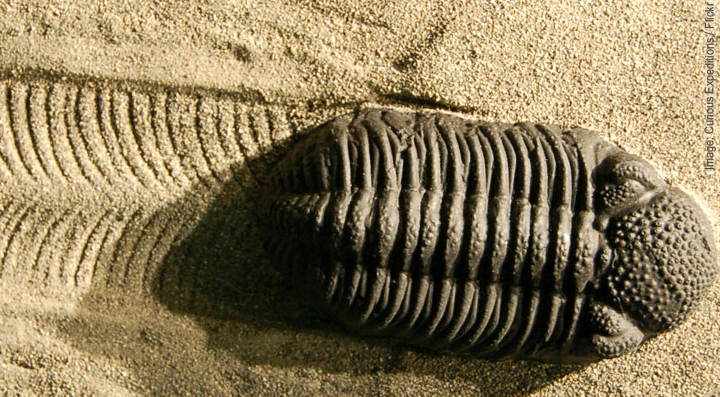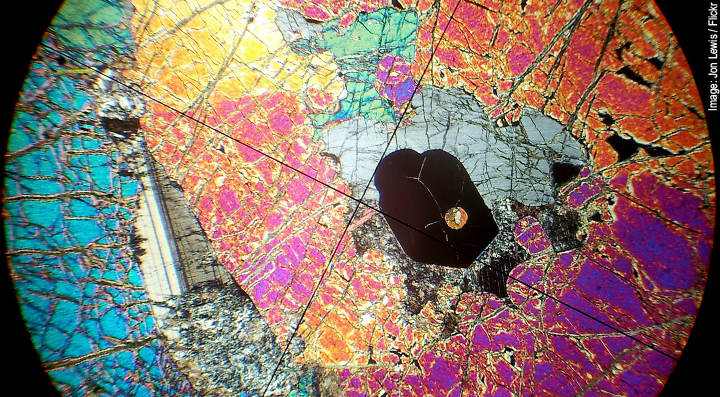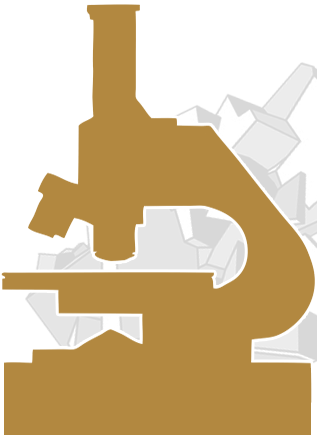Research Projects
 Undergraduate independent research projects
Undergraduate independent research projects
Students on specialist courses, such as environmental geology and geophysics, do not normally undertake an independent mapping project. They are, however, required to complete a BSc project of a similar scope and length.
This also usually involves a fieldwork component (sometimes as an organised trip that all students attend or as an independently chosen area by the students/member of staff). Subsequent completion and successful defence of a dissertation is also required. These projects often involve significantly more data analysis and interpretation than an independent mapping project.
BSc geology students also sometimes undertake research projects that include another facet in addition to the independent mapping component. This could be some basic laboratory work, data analysis or computer modelling.

 MSci/MGeol projects
MSci/MGeol projects
Degrees that include a 4th year / integrated masters (MGeol, MSci), include an independent research project that typically runs throughout much of the final year. It gives a taster of research and a chance to explore an area of geoscience in which you are really interested.
It’s important to approach a member of staff during your third year about projects they might be supervising the following year. You will occasionally be working quite closely with your supervisor, so it’s important you approach members of staff you get on with and whose research interests you.
These projects, although not as long as a post-graduate MSc dissertation, can in some ways be more challenging. You must work on them in addition to attending lectures and completing other assignments during the fourth year. Issues such as scheduling laboratory time can be difficult and effective time management is crucial to a successful MSci/MGeol project.The work involved in an MSci/MGeol project varies but can include:
- Sampling trip(s) to the area of interest with the supervisor or as part of an internship with a company
- Laboratory work, including sample preparation, microscopic analysis and other laboratory techniques (e.g. geochemical analyses or geomechanics testing)
- Data and/or image analysis, interpretation and presentation
- Computer programming and modelling of a variety of geological phenomena
- A review of all relevant scientific literature (‘literature review’)
- A completed and successfully defended dissertation
It is often a great experience for developing transferable research, project management and presentation skills for future employment. These projects are also excellent preparation for continuing postgraduate research for an Masters or PhD.






